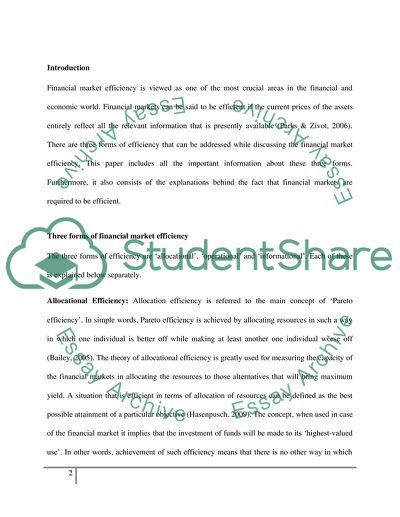Cite this document
(“Three Forms Of Financial Market Efficiency Essay”, n.d.)
Three Forms Of Financial Market Efficiency Essay. Retrieved from https://studentshare.org/macro-microeconomics/1433283-three-forms-of-financial-market-efficiency
Three Forms Of Financial Market Efficiency Essay. Retrieved from https://studentshare.org/macro-microeconomics/1433283-three-forms-of-financial-market-efficiency
(Three Forms Of Financial Market Efficiency Essay)
Three Forms Of Financial Market Efficiency Essay. https://studentshare.org/macro-microeconomics/1433283-three-forms-of-financial-market-efficiency.
Three Forms Of Financial Market Efficiency Essay. https://studentshare.org/macro-microeconomics/1433283-three-forms-of-financial-market-efficiency.
“Three Forms Of Financial Market Efficiency Essay”, n.d. https://studentshare.org/macro-microeconomics/1433283-three-forms-of-financial-market-efficiency.


